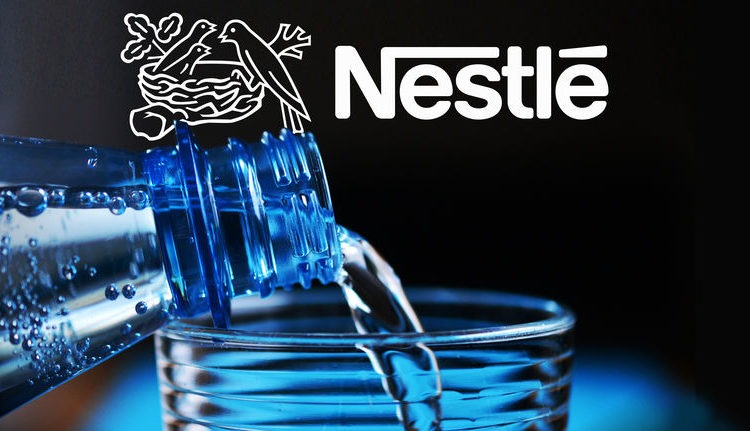Returning $20 Billion to Investors – What is the Matter With Nestle?

The latest reports from Nestle Sa indicate the readiness to return up to $20 billion to shareholders by 2022. The company is even ready to welcome the acquisitions in order to assist Chief Executive Officer Mark Schneider to retain more rapid growth and improved profit margins.
The $10 billion sale of a dermatology unit earlier this month which was followed by abundant cash allowed the company to plant roots for the up-coming buyback program. The latter may be complemented with special dividends over the next three years. The date for kicking off a program was announced on Thursday and it is said to start in January. After the sales decline, company is also busy managing its bottled-water business.
Directorial Notes
Mark Schneider has been the head of the Swiss food giant for three years now, and during his stay, Nestle’s market value has skyrocketed by almost 80$ billion. The producer of Kitkat and Nescafe brought more than twenty companies under his CEO provision and became the first to acquire this position in nearly a century. Schneider provides some 4,000 jobs in terms of frozen-food delivery in the U.S and has assisted the company to save up to 1.9 billion francs ($1.9 billion) this year alone.
As announced by Nestle, a brand new management team seeking the most plausible opportunities for growth will be led by Sanjay Bahadur, a 37-year-old corporate veteran who has worked numerous jobs as the head of acquisitions and the finance director. The unveiling of the new group happened simultaneously as Nestle pointed out its growing focus on M&A.
If any considerable acquisitions appear, however, the 20 billion-franc target could possibly scale down. Considering an important objection of such a kind, the company made it clear that it would lean more towards making investments serving the expansion of its main businesses.
During the call with reporters, Schneider pointed out that it is yet unclear whether the distribution of the full amount will emerge from Nestle’s side. He went on to add that when it comes to acquisitions, there are always two sides to consider: a voluntary buyer and a voluntary seller. Everything, therefore, should happen on prudent and meaningful terms applicable to both parties. Schneider’s comments are not lacking in trustworthiness since he has gained himself a pretty good reputation as a dealmaker. At his former employer, Fresenius SE, Schneider managed to transform the German company into Europe’s biggest generator of private health clinics and he did so with the help of more than 30 acquisitions.
Subsequent Evaluation
It is highly probable that Nestle will be making further discharges next year until it purchases large portions of services in medical nutrition and health sciences. This could be expanding on the U.S scale as well, as predicted by an analyst at MainFirst Bank, Alain Oberhuber who also noted that he is expecting a much larger acquisition.
It was mentioned above that the bottled-water business is under reorganization and Nestle is certainly considering the restructuring of the unit. This can be accounted to a second annual decrease due to hectic competition which stripped consumers off of Nestle’s low-end brands. The head of the unit Maurizio Patarnello will be leaving Nestle’s executive board as well, and Nestle Waters will stop existing as a separate business branch. Instead, it will be strategically incorporated into three main geographical domains.
Sales growth is promised to boost with the help of rapidly growing flavored and sparkling waters, declares Schneider as he announced what the main focuses for Nestle’s portfolio would be. The growth is estimated to range somewhere between %5 to 7% annually.
The company also promised to better pricing this quarter as we are approaching 2020. A slight deceleration in the third quarter in terms of sales growth to 3.7% is ”only temporary” if we trust the representatives. Declined pricing, especially in coffee, could be the reason for this.
As Nestle’s record level trades are shared, exceeding MainFirst’s estimate of 12 billion francs, the new buyback comes along the way. On a separate note, Nestle noted that the review completion with regards to the European processed-meat brand Herta will be read by the end of the year. Apparently, the 300 million-euro price was estimated too low by Nestle, and the single bid it got was from France’s biggest meat processor, Bigard.
Even though Schneider is not too far from accomplishing his decade-old sales target awaited since his first year in the company, analysts and experts are not very hopeful. They deem it to be unlikely for Schneider to make it in 2020. After all, he was brought in to level up the pace formerly hindered by missing the 5% to 6% goal for four years.


























Comments (0 comment(s))